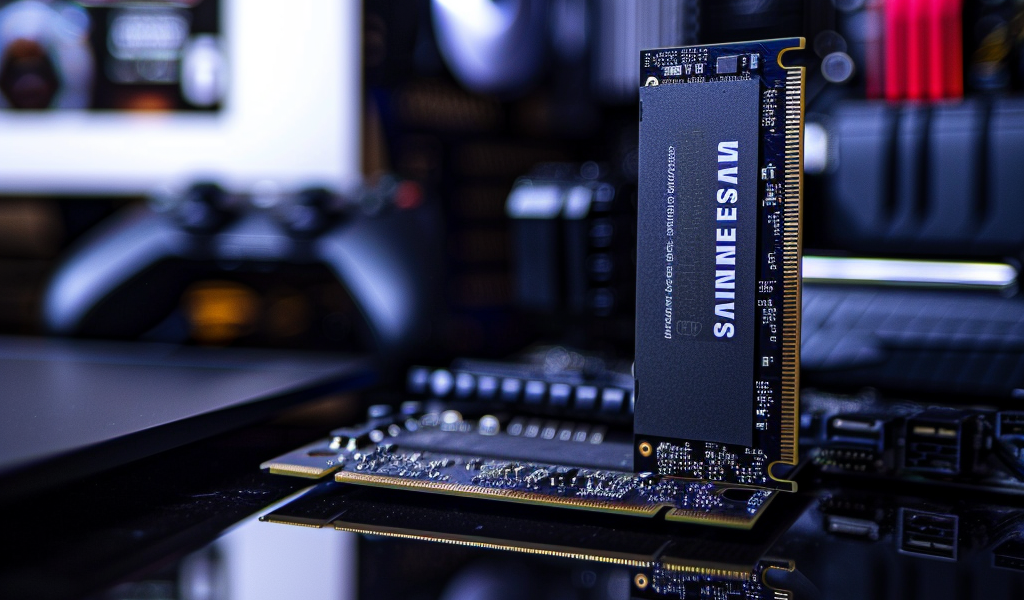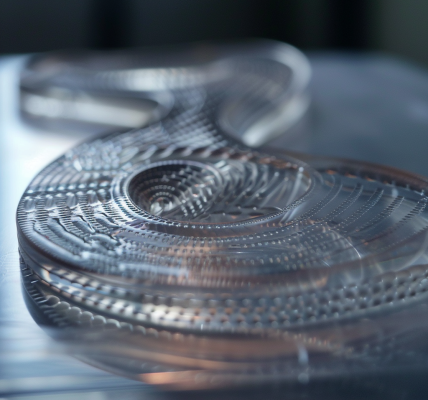In the ever-evolving world of consumer technology, Samsung has solidified its position as a leading player in the SSD market. The introduction of the Samsung 990 Evo Plus has sparked interest among gamers and tech enthusiasts alike, particularly as it presents itself as an affordable alternative to the more premium 990 Pro model. This review delves into the specifications, performance, and overall value of the Samsung 990 Evo Plus, determining whether it truly stands out in the crowded SSD landscape.
Currently priced at around $140 for the 2TB version on major retail platforms, the Samsung 990 Evo Plus competes effectively against other mid-range SSDs, such as Crucial’s T500 and P310. The competitive pricing is a welcome development for consumers, especially given the recent price cuts in the SSD market following its launch. The Evo Plus is available in multiple capacities, including 1TB, 2TB, and a generous 4TB option, catering to a wide range of storage needs.
One of the standout features of the Samsung 990 Evo Plus is its endurance ratings. For users considering longevity and reliability, the Evo Plus offers impressive endurance levels, rated at 600TBW for the 1TB model and 1,200TBW for the 2TB model. In comparison, its competitor, the Crucial P310, falls short with endurance ratings of 220TBW and 440TBW for its respective capacities. This makes the Samsung 990 Evo Plus a more appealing choice for gamers and content creators who require robust performance over extended usage.
The 990 Evo Plus utilizes Samsung’s proprietary Piccolo controller and supports both PCIe x4 and PCIe 5 x2 interfaces. However, it’s essential to note that while the SSD is capable of utilizing PCIe 5 technology, the performance benefits are currently negligible, as the speeds align closely with those of existing PCIe 4 SSDs. Nevertheless, the backwards compatibility of PCIe 5 M.2 slots with PCIe 4 SSDs ensures that users can seamlessly integrate the Evo Plus into their systems without concern.
Thermal performance is another critical aspect of the Samsung 990 Evo Plus. During testing, the SSD maintained a temperature of 74°C, which is relatively cool compared to many of its competitors. This makes it suitable for use in laptops and motherboards without dedicated heatsinks. However, for those who frequently engage in data-intensive tasks, employing a heatsink may still be advisable to ensure optimal performance over time.
Benchmarking the Samsung 990 Evo Plus reveals its competitive edge in various performance metrics. In CrystalDiskMark tests, the sequential read and write speeds were comparable to those of the Crucial P310, although the Evo Plus did not match the blistering speeds of the top-tier models like the Samsung 990 Pro and Crucial T500. Despite this, the differences in speed may be negligible for most users, particularly for everyday gaming and general computing tasks.
Random 4K performance further highlights the capabilities of the Samsung 990 Evo Plus. In tests, the read speeds were competitive with those of the Crucial T500 and P310. However, it is worth mentioning that the 990 Pro exhibited significantly faster speeds in the Q32T16 test, indicating that while the Evo Plus is a strong contender, it may not be the absolute best for high-end gaming scenarios requiring peak performance.
In summary, the Samsung 990 Evo Plus emerges as a compelling option for gamers and general users seeking a balance between performance and cost. With its strong endurance ratings, competitive pricing, and solid thermal performance, it positions itself as a worthy alternative to higher-priced models. While it may not lead the pack in every performance metric, its overall value and reliability make it an attractive choice for those looking to upgrade their storage solutions.





